Out Now
The AI Issue
Current Issue
The AI Issue
OCT - NOV 2025
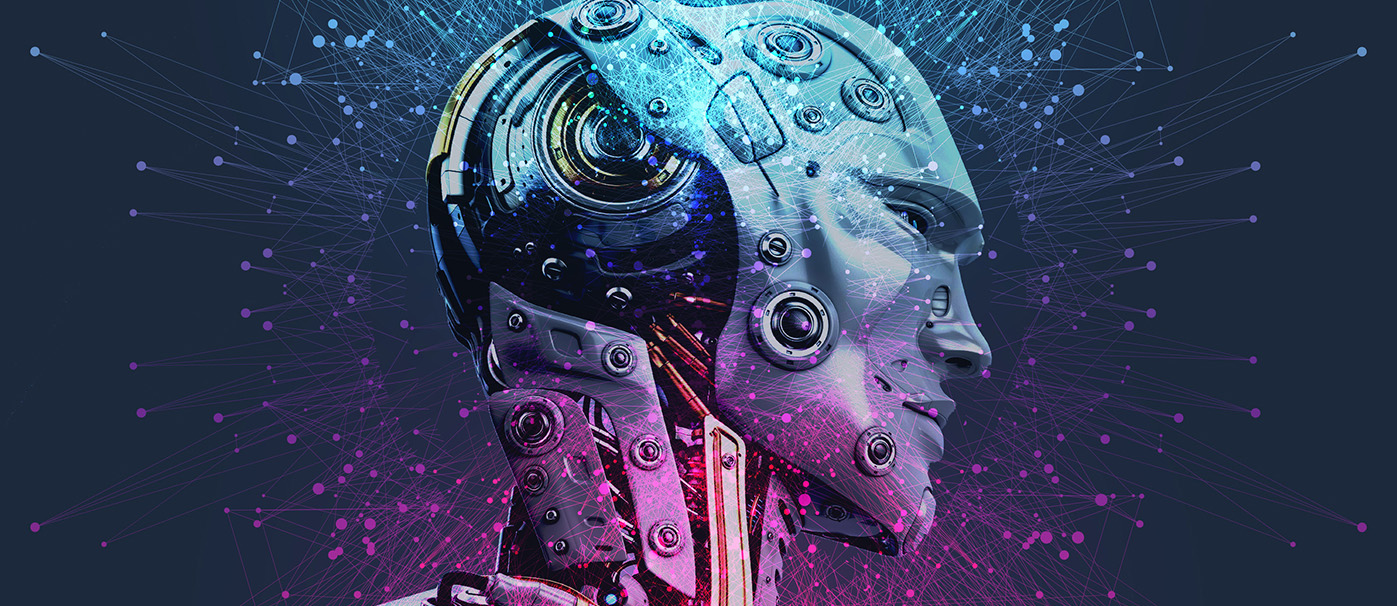
Artificial intelligence – AI – is rapidly changing the way we live and work. It guides what you watch on your favourite streaming platform, autocorrects your text messages, and powers predictive Google searches.
It’s also lurking in the background of many industries, such as manufacturing and retail. At least one-third of tasks in 60 per cent of occupations could soon be automated, according to a recent McKinsey & Company report.
So, does that mean anthropomorphic robots are coming to take your job in the not-so-distant future? Not so fast.
First things first: what exactly is AI?
“At the most basic level, it’s computers making decisions that previously humans would only have been able to do,” explains Ariel Liebman, a Professor of Sustainable Energy Systems and Director of the Monash Energy Institute at Monash University.
Computers powered by AI can perform tasks like speech recognition, visual perception and problem solving – but, crucially, these systems rely on humans to program or ‘train’ them first. The other key ingredient in AI is data, and the enormous growth in the amount of high-quality data that’s generated and stored by the world’s computers is helping us realise the potential of the technology.
As for what AI looks like in real life, let’s say you have a building management system monitoring heating in an apartment. Because the system has access to so much data, it might sense that you’ve turned your toaster on and you’ve also got your oven running, which means the indoor temperature is creeping up to 24 or 25 degrees – not the 23 degrees you’d set.
“The system, powered by AI, turns your heating system off, because you’re already compensating with other devices in the home that are heating,” explains Steve Hall, General Manager of Training at the College of Electrical Training.
“What AI does is allow the machine to make decisions based on patterns in data, which can optimise the outcome you’re looking for.” Nifty, eh?
One of the most important applications of AI in the electrical sector is its ability to integrate batteries, rooftop solar PV and electric vehicles to harness the enormous potential of renewable energy. Using complex AI analysis, these smart grids will result in improved energy efficiency, prevent blackouts and provide consumers with better power supply.
“The smart meter might decide there’s too great a draw on the network, so it turns people’s power off,” Hall says.
“Conversely, they can stop the feed in from alternative energy sources if the grid has too much electricity in it – for example, on a bright sunny day with lots of wind and not many people using their electricity.”
Energy retailers are rolling out smart meters in Western Australia, Victoria and New South Wales. Microgrids – smart private energy-producing networks – are also popping up in commercial, industrial and residential precincts.
For the average contractor, Professor Liebman says where AI is going to impact in the future “is in informing the standards that things like solar PV inverters, and other electric vehicle charging appliances, need to conform to in order to be used in that coordinated fashion by the electricity utilities to help support the grid.”
Another important credential for navigating a professional future powered by AI is “understanding that at a domestic level, things will be interconnected,” explains Hall.
“Your customers will want to be able to automate things to the point where they’ll be driving home, their lights in the house will come on and the air conditioner will come on at the right temperature,” Hall says.
“They’ll get out of their electric vehicle, plug it into a charging station, and the excess energy will feed into a home battery. Behind all of that sits an AI platform.”
Despite the great potential of AI to revolutionise the sector, there’s concern that these smart systems might become so smart that they push humans out of a job.
Indeed, electricians are predicted to experience a nine per cent fall in demand between 2018 and 2028, according to an Oxford Economics report investigating the impact of AI on Aussie workers. Data from AlphaBeta suggests 41 per cent of a sparky’s job is susceptible to automation.
“Electricians might have the most difficult job to automate as you’d need a robot that gets up into crawl spaces and roofs, which would have to be pretty sophisticated,” Professor Liebman says.
He says electricians of the future don’t necessarily need to become AI specialists. “But you need to understand the issues facing the grid with the distributed energy resource revolution, and particularly how that relates to the standards that devices have to comply with and have to have activated.”
Likewise, Hall says the transition from “old-school electrical work to this modern AI-enabled world” will happen gradually, but upskilling will help to future-proof your career.
“We used to do motor control with relays and contactors,” Hall says. “That’s moved to things like programmable logic controllers. The next iteration of that will be an AI smart controller, which will be able to determine the load that a machine is under and whether or not it needs to ramp up or slow down, whether it needs more torque or less torque – all of those things will be able to be controlled by one single device.”
Keep up to date with our latest news and competitions by subscribing to our regular newsletter.
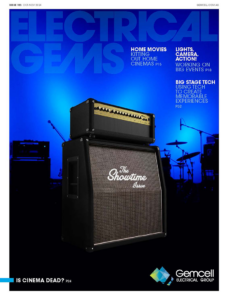
Issue 183
OCT - NOV 2024

Issue 182
AUG - SEPT 2024

Issue 181
JUN - JUL 2024
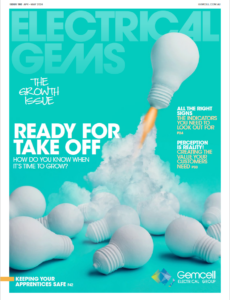
Issue 180
APR - MAY 2024
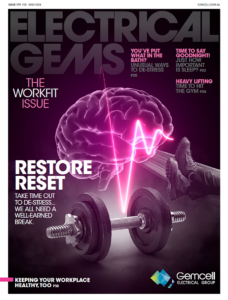
Issue 179
FEB - MARCH 2024

Issue 178
DEC 2023 - JAN 2024
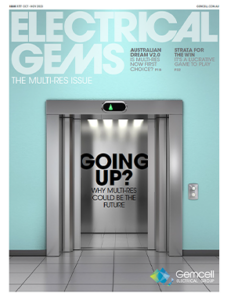
Issue 177
OCT - NOV 2023

Issue 176
AUG - SEPT 2023

Issue 175
JUN - JUL 2023
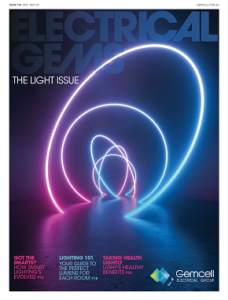
Issue 174
APR - MAY 2023
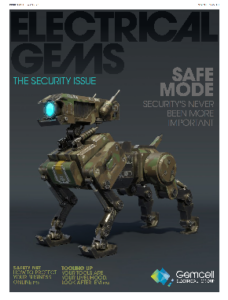
Issue 173
FEB - MAR 2023

Issue 172
DEC 2022 - JAN 2023
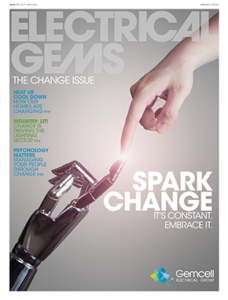
Issue 171
OCT - NOV 2022

Issue 170
AUG - SEPT 2022
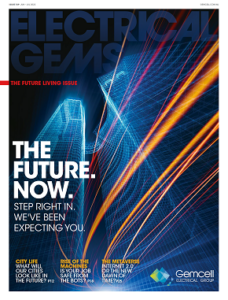
Issue 169
JUN - JUL 2022

Issue 168
APR - MAY 2022

Issue 167
FEB - MAR 2022
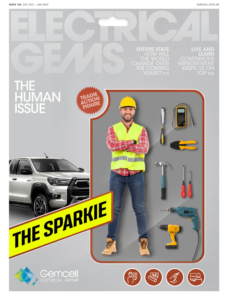
Issue 166
DEC 2021 - JAN 2022

Issue 165
OCT - NOV 2021

Issue 164
AUG - SEPT 2021

Issue 163
JUN - JUL 2021
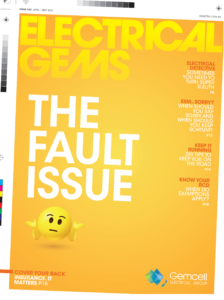
Issue 162
APR - MAY 2021

Issue 161
FEB - MAR 2021

Issue 160
DEC 2020 - JAN 2021

Issue 159
OCT - NOV 2020

Issue 158
AUG - SEPT 2020

Issue 157
JUN - JUL 2022

Issue 156
APR - MAY 2020

Issue 155
FEB - MAR 2020

Issue 154
DEC 2019 - JAN 2020

Issue 153
OCT - NOV 2019

Issue 152
AUG - SEPT 2019

Issue 151
JUN - JUL 2019

Issue 150
APR - MAY 2019

Issue 149
FEB - MAR 2019

Issue 148
DEC 2018 - JAN 2019

Issue 147
OCT - NOV 2018
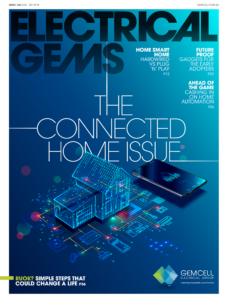
Issue 146
AUG - SEPT 2018

Issue 145
JUN - JUL 2018
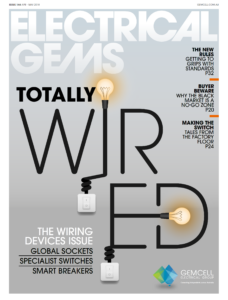
Issue 144
APR - MAY 2018

Issue 143
FEB - MAR 2018

Issue 142
DEC 2016 - JAN 2017

Issue 141
OCT- NOV 2017

Issue 140
AUG - SEPT 2017

Issue 139
JUN - JUL 2017
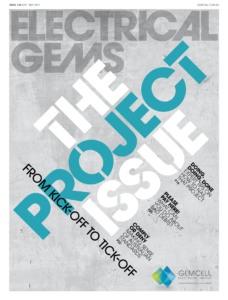
Issue 138
APR - MAY 2017

Issue 137
FEB - MAR 2017

Issue 136
DEC 2016 - JAN 2017

Issue 135
OCT - NOV 2017

Issue 134
AUG - SEPT 2016

Issue 133
JUN - JUL 2016

Issue 132
APR - MAY 2016
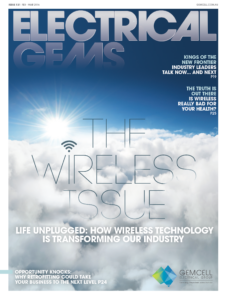
Issue 131
FEB - MAR 2016

Issue 130
DEC 2015 - JAN 2016

Issue 129
OCT - NOV 2015

Issue 128
AUG - SEPT 2015
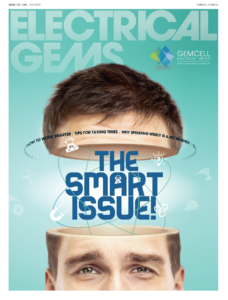
Issue 127
JUN - JUL 2015

Issue 125
APR - MAY 2015

Issue 125
FEB - MAR 2015

Issue 124
DEC 2014 - JAN 2015

Issue 123
OCT - NOV 2014

Issue 122
AUG - SEPT 2014
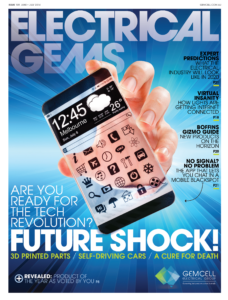
Issue 121
JUN - JUL 2014

Issue 120
APR - MAY 2014

Issue 119
FEB - MAR 2014
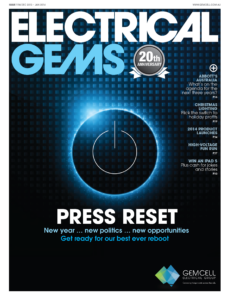
Issue 118
DEC 2013 - JAN 2014
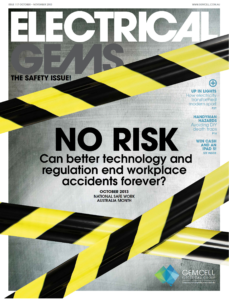
Issue 117
OCT - NOV 2013

Issue 116
AUG - SEPT 2013

Comments (0)
Write a Comment